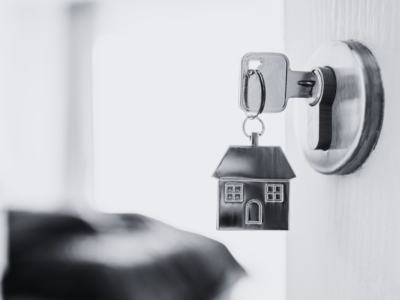The global pandemic has forced us to rethink many aspects of our day-to-day life, prompting us to challenge the status quo. With thousands of companies adopting remote working for the first time, it’s been a unique experiment which will have a long-lasting impact on working practices all over the world.
Seeing as millions of employees have been working exclusively from home for several months without any obvious dips in productivity, some firms have decided to abandon their offices for good, but have we really thought through the consequences of such a bold move?
Working from home undoubtedly has many benefits – many people get to spend more time around family members and eat healthier, as well as saving time that would otherwise be spent commuting, however, not being in an office environment can be a real psychological challenge for some.
According to recent research by Stanford Institute for Economic Policy Research, working from home, especially around kids, in shared rooms or bedrooms and without a separation between work and home can trigger major mental stress, leading to loneliness and depression.
Many people are finding it difficult to unplug at the end of the day in the absence of a commute and end up working longer hours, which can negatively affect mental health, resulting in fatigue and anxiety.
Physical wellbeing may also suffer – according to a survey by Institute for Employment Studies (IES), there has been a significant increase in new aches and pains among those working from home, including the neck, shoulder and back, due to the lack of appropriate office furniture and unsuitable spatial arrangements.
One fifth of all respondents have admitted an increase in alcohol consumption, while 60 per cent said they were exercising less that than they did when working from an office.
The combination of all of the above factors shows that despite its benefits, working from home presents employees with a new set of challenges that they wouldn’t encounter in an office environment.
It seems like there is a need for an intermediate solution that would enable people to spend less time commuting while ensuring they can enjoy social interaction and a distraction-free environment to work from.
Could flexible offices in residential locations, like Brixton be the answer to the question?
Given that many people are wary of using public transport and would much rather cycle to work, positioning offices outside of central London and the City could be the way forward.
By opening hubs in less central locations, closer to where employees live, companies can enable them to spend time more productively and limit their exposure to the virus, as well as ensuring office spaces aren’t overcrowded.
That way, employers will also make it easier for people to get on with their daily lives, for example, picking up children from school or day care, provided that they’re located in the same area.
Offices as we know them are an outdated concept, with too much unutilised space in insanely expensive locations that take a while for most people to get to, and this is something companies started to realise way before the outbreak of COVID-19.
Before flexible working became mainstream, Investec bank took 150 desks in a flexible space in London as an overflow office, while social media platform Pinterest located its HQ in a flexible space. Flexible offices appeal to corporates for a variety of reasons, including manageable cost, attractive interiors and facilities and better terms, allowing companies to take on more space as they need it.
The pandemic has helped many people free up the time that would have otherwise been spent on crowded trains. As a result, many are reluctant to go back to using public transport, seeing commuting as a poor use of time, in addition to the COVID-19 concerns.
That doesn’t necessarily mean the majority would prefer to stick to the home office option, it’s just that at the moment, few companies are able to offer their staff the option of working a short walk from where they live.
Given the government’s concerns about empty offices and the knock-on effect that’s having on the service sector, it’s about time to rethink the model and put employees first, ensuring their journey to work is quick, safe and they’re not exposed to more people than necessary.
All of this is perfectly achievable, and the UK economy, which shrunk by a staggering 20 percent in April, will likely see a boost as a result.
Eugene Tavyev, Founder and CEO at Spacepool.



























Comments